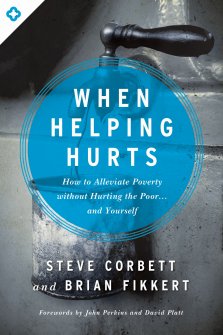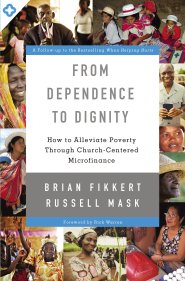Over 14,000 churches and schools have upgraded to an Advance Account and we‘d love to welcome you into this free program. We know that church volunteers and school teachers often use their own money, then have claim it back on on an expense form. We can take all of that hassle away by invoicing your church or school directly and delivering your order straight away.
Opening an account is quick and easy, with most accounts being approved and setup within a few hours of filling in the form below (on weekdays, not weekends). As soon as we‘ve approved the application we‘ll send you an email to let you know that its done.
Upgrade to a FREE Eden Advance AccountTrustpilot








